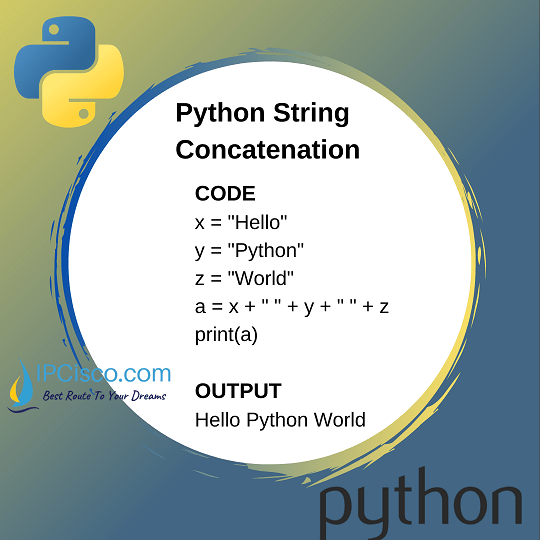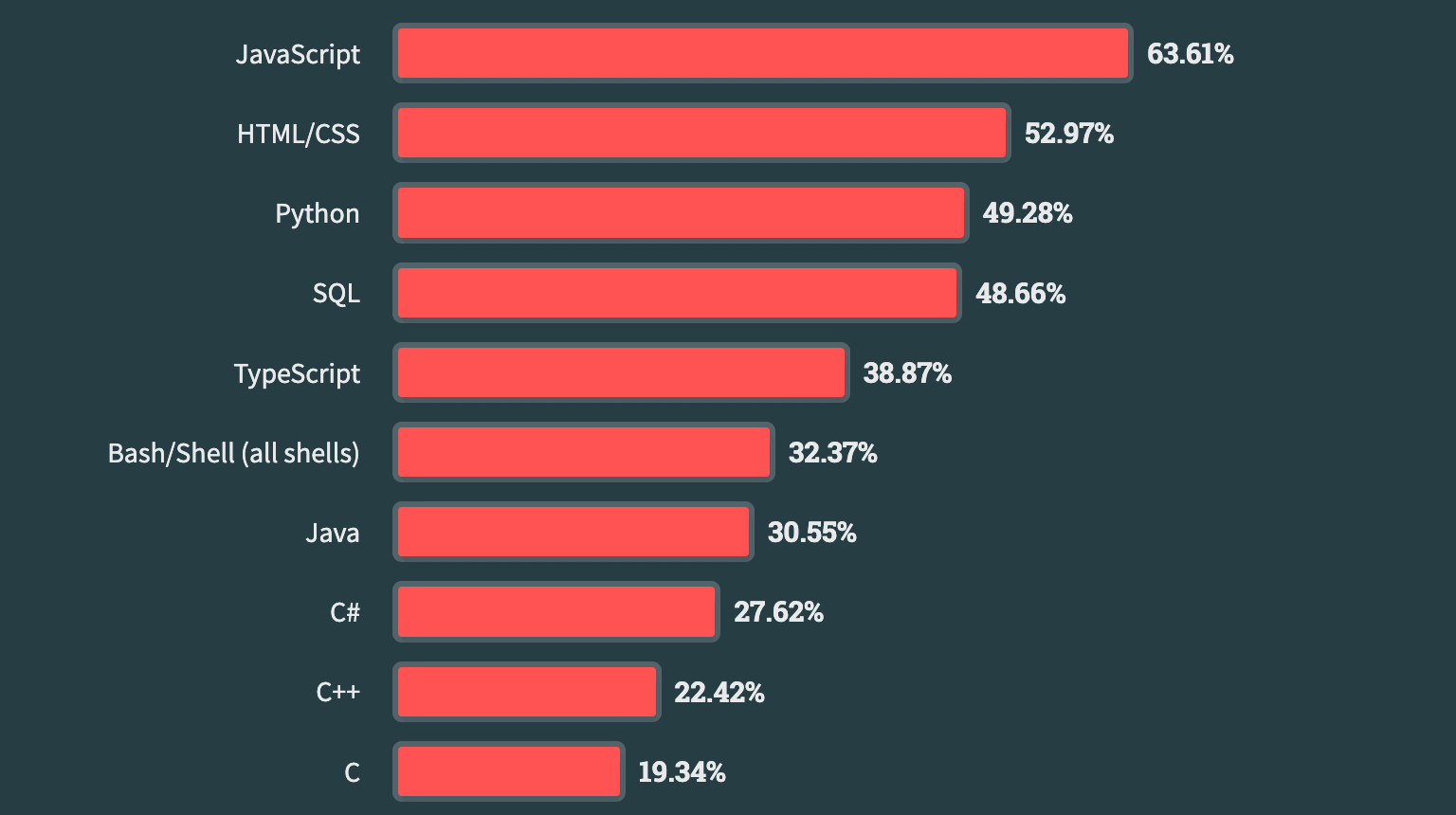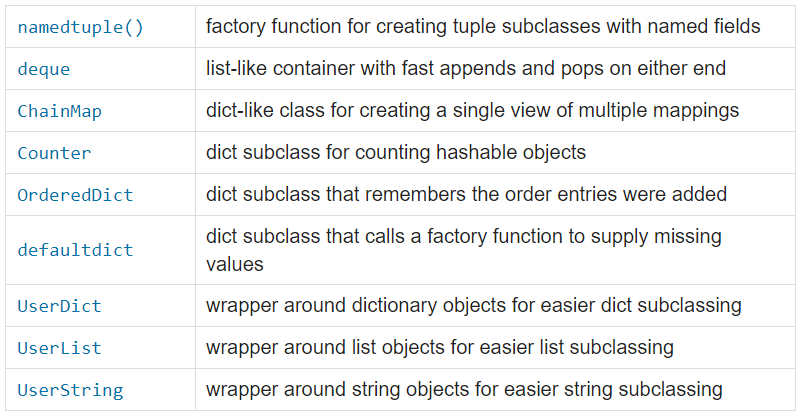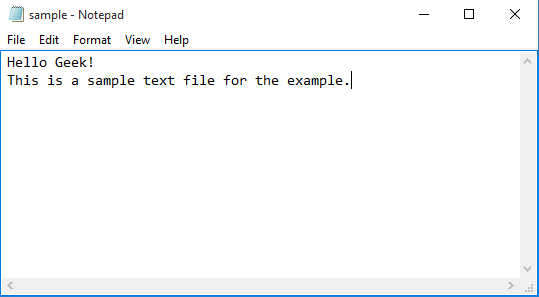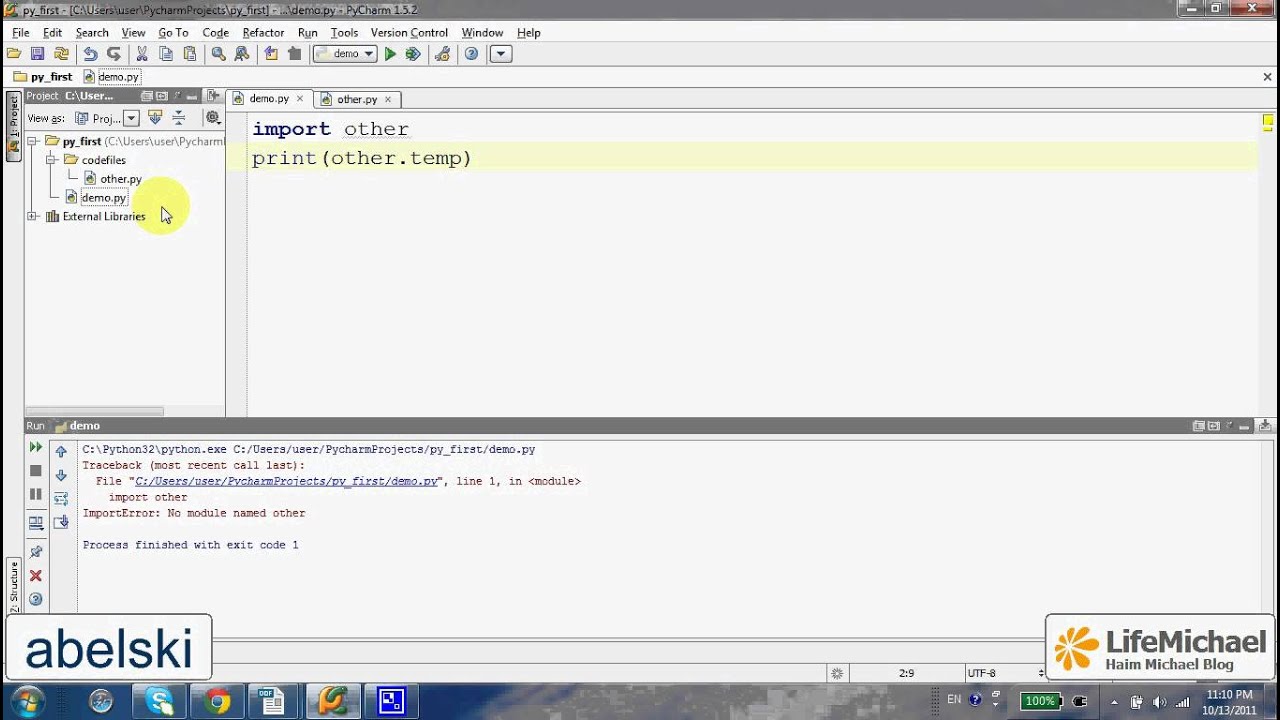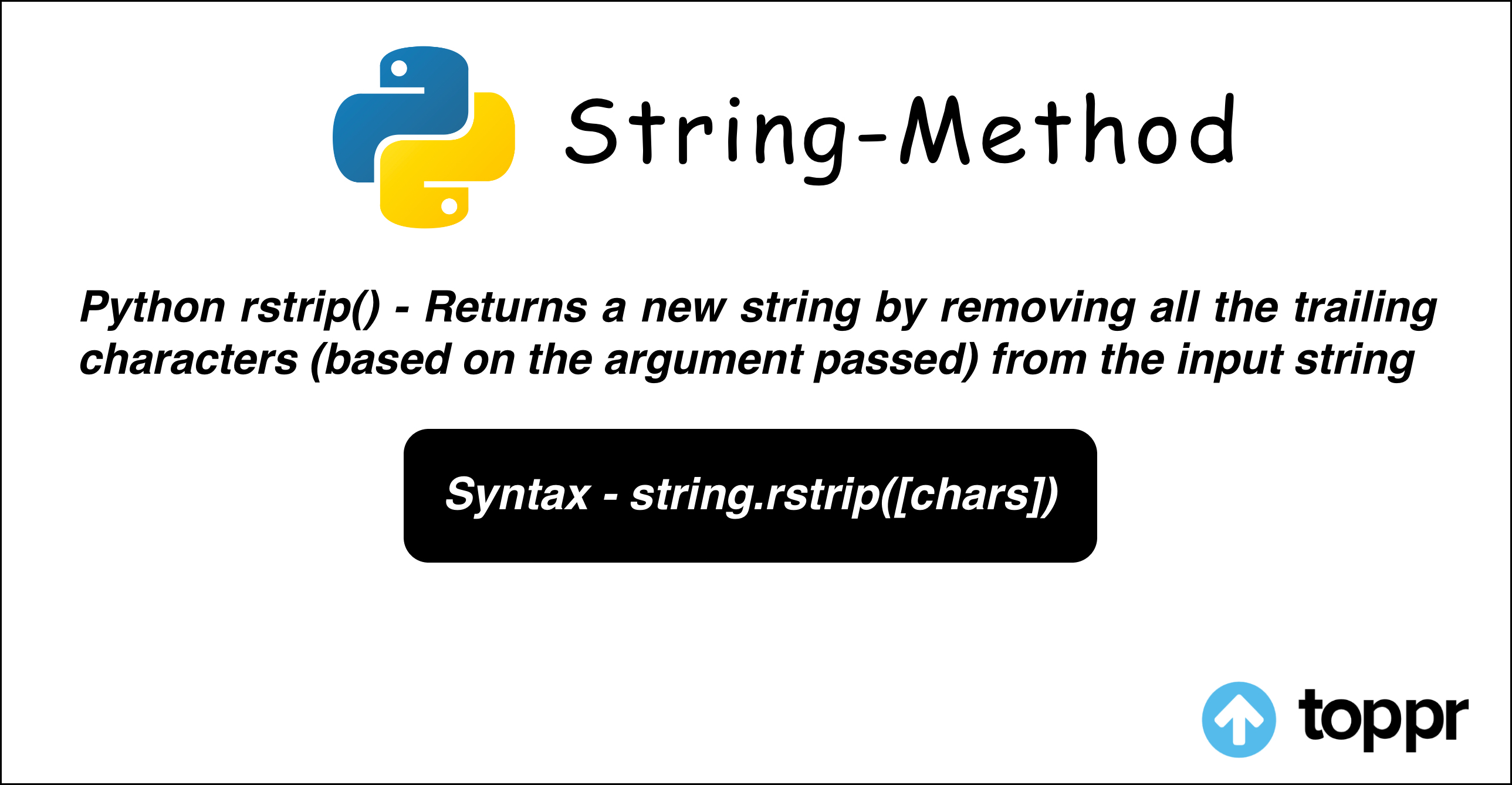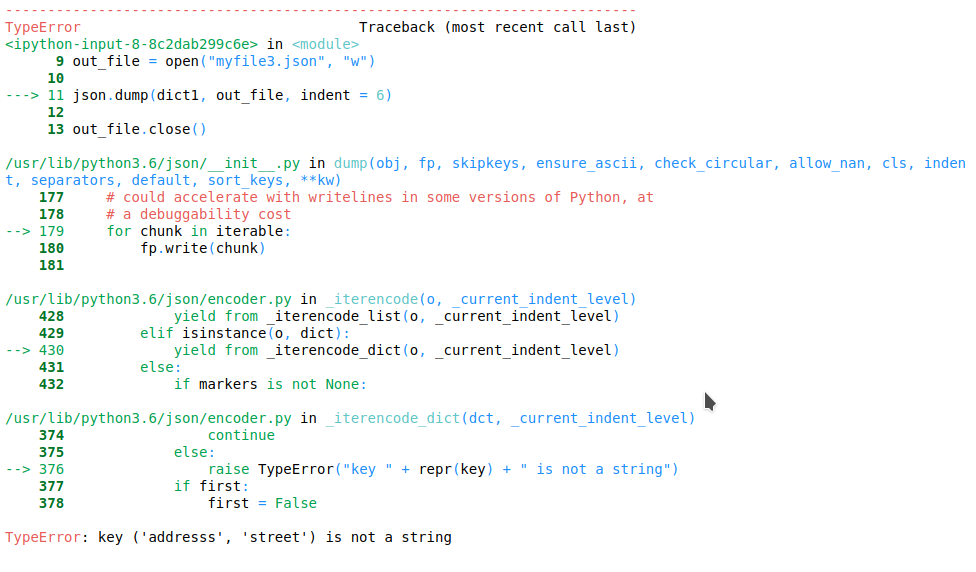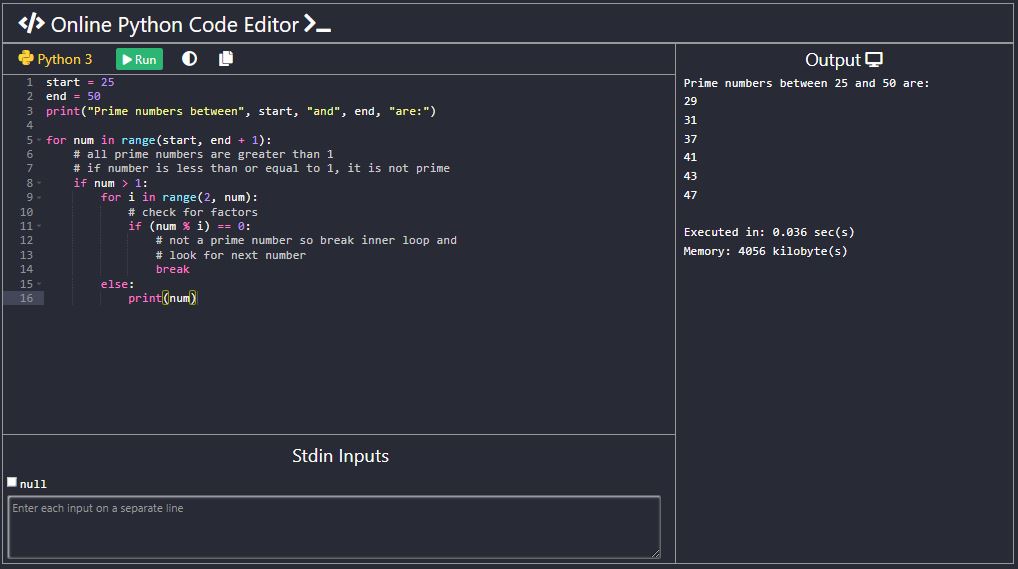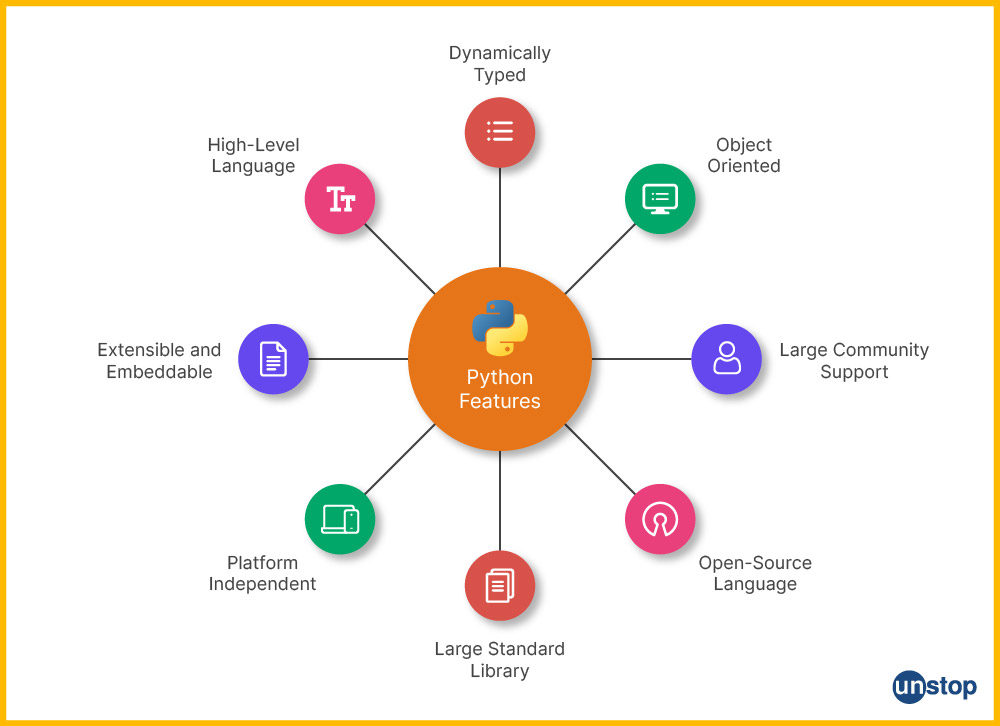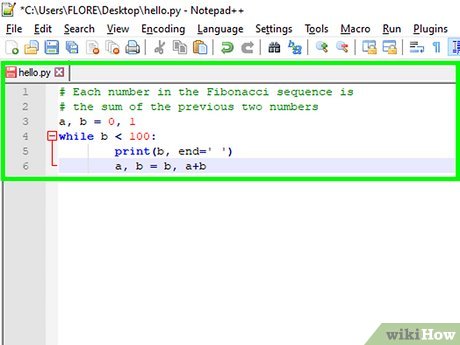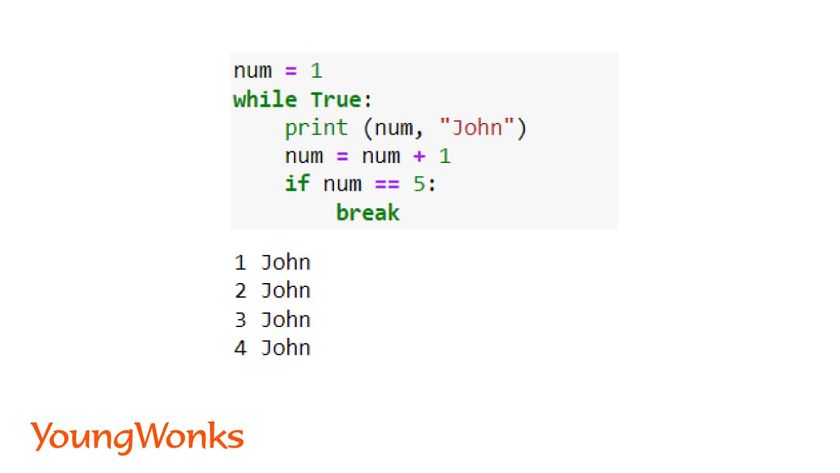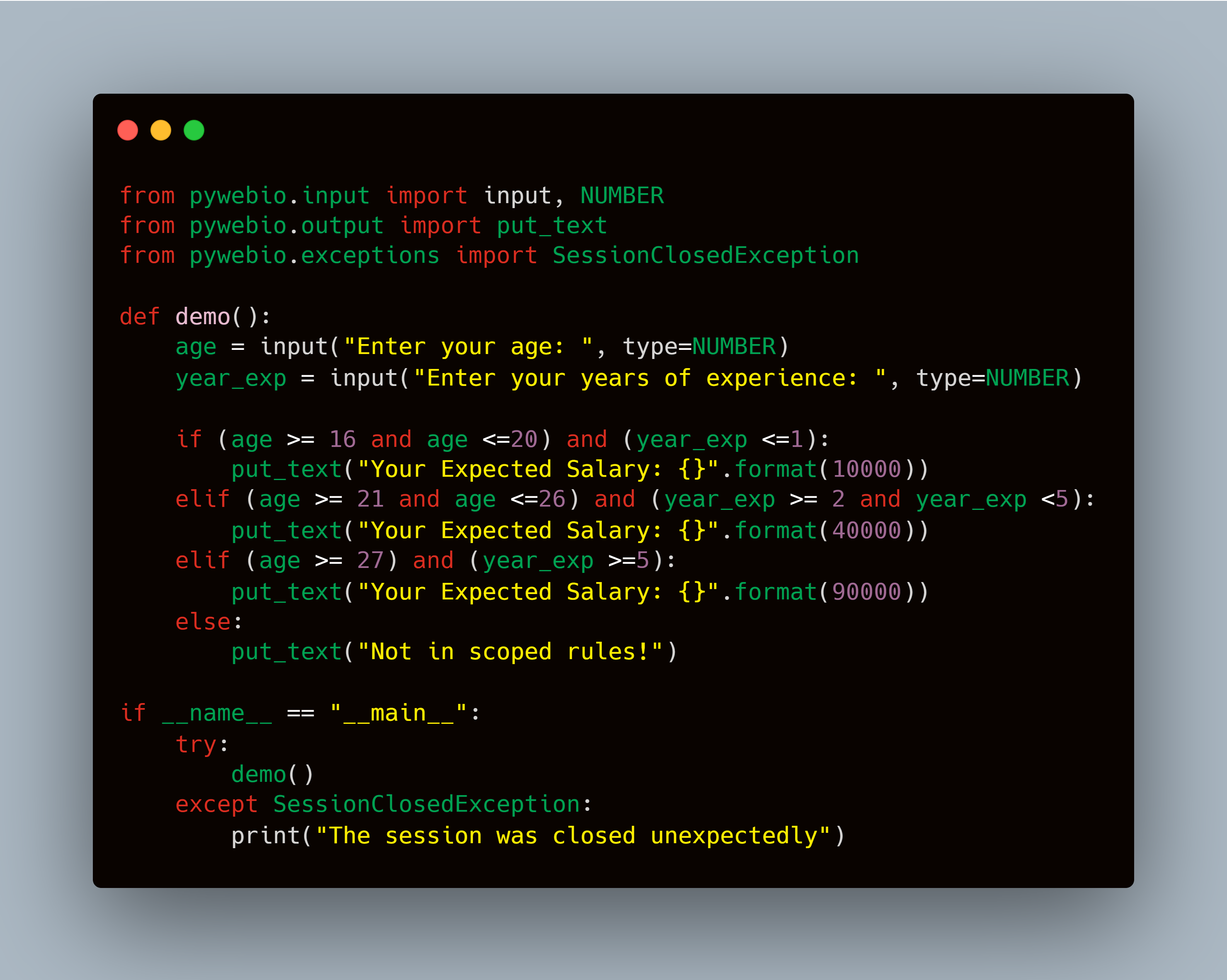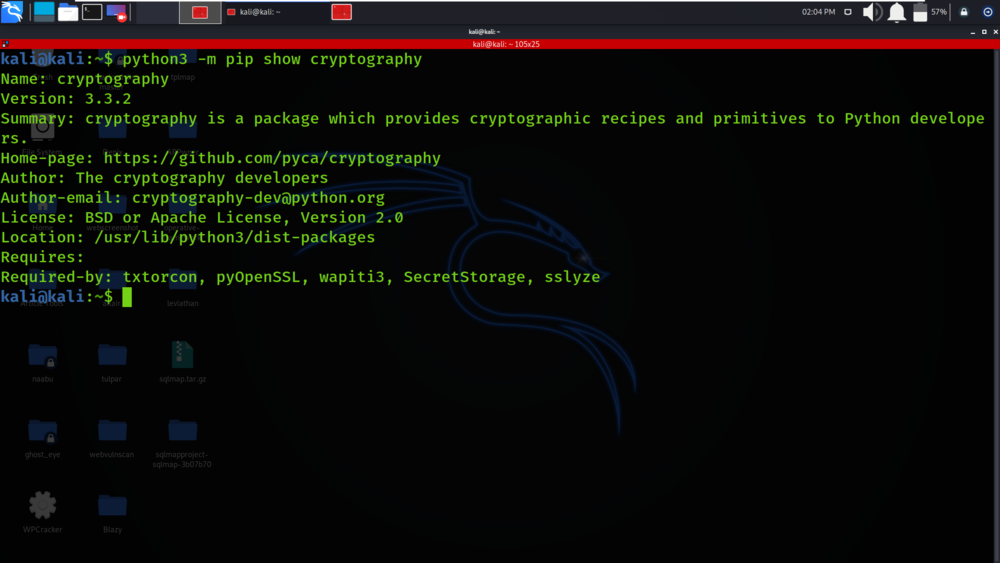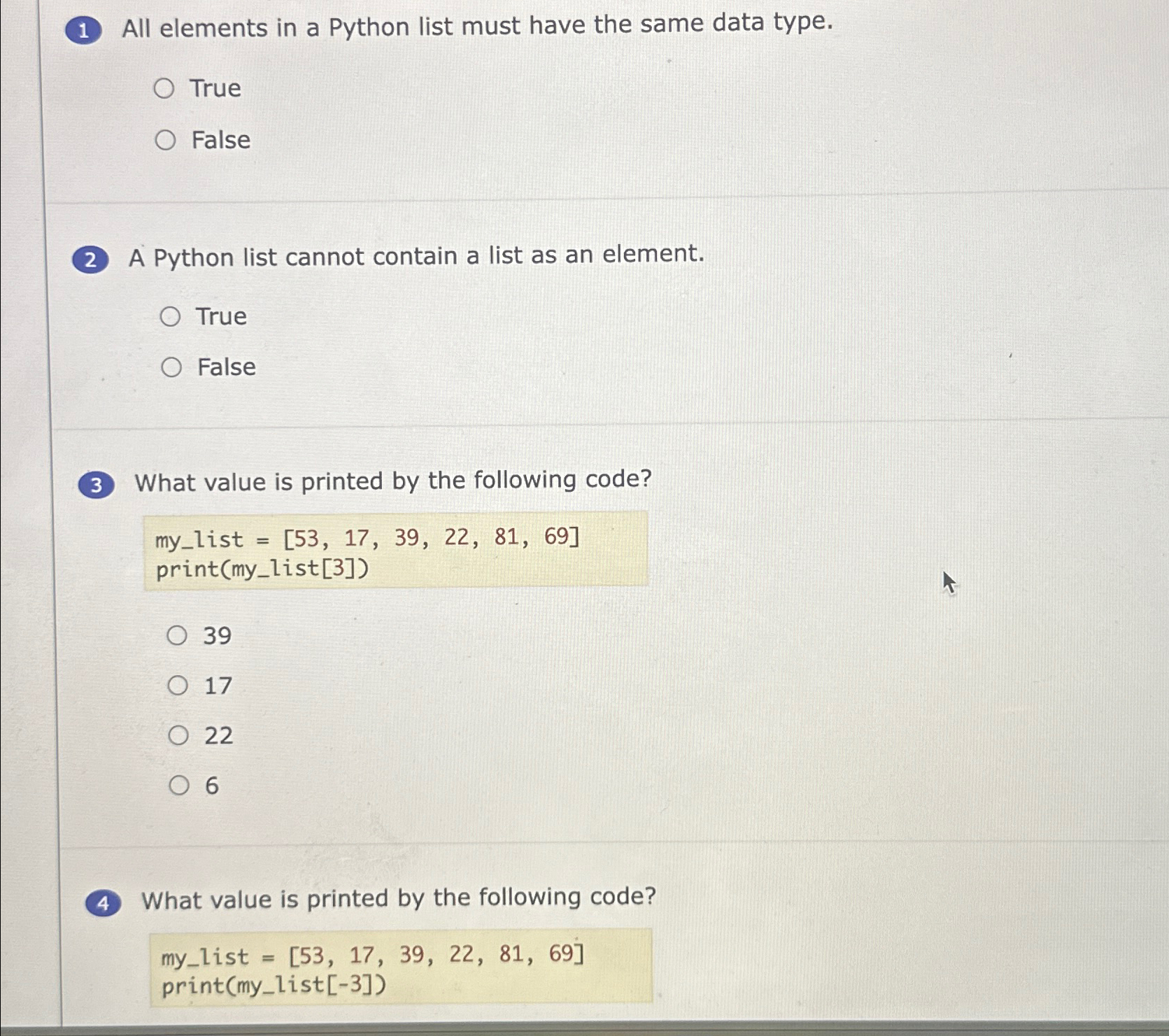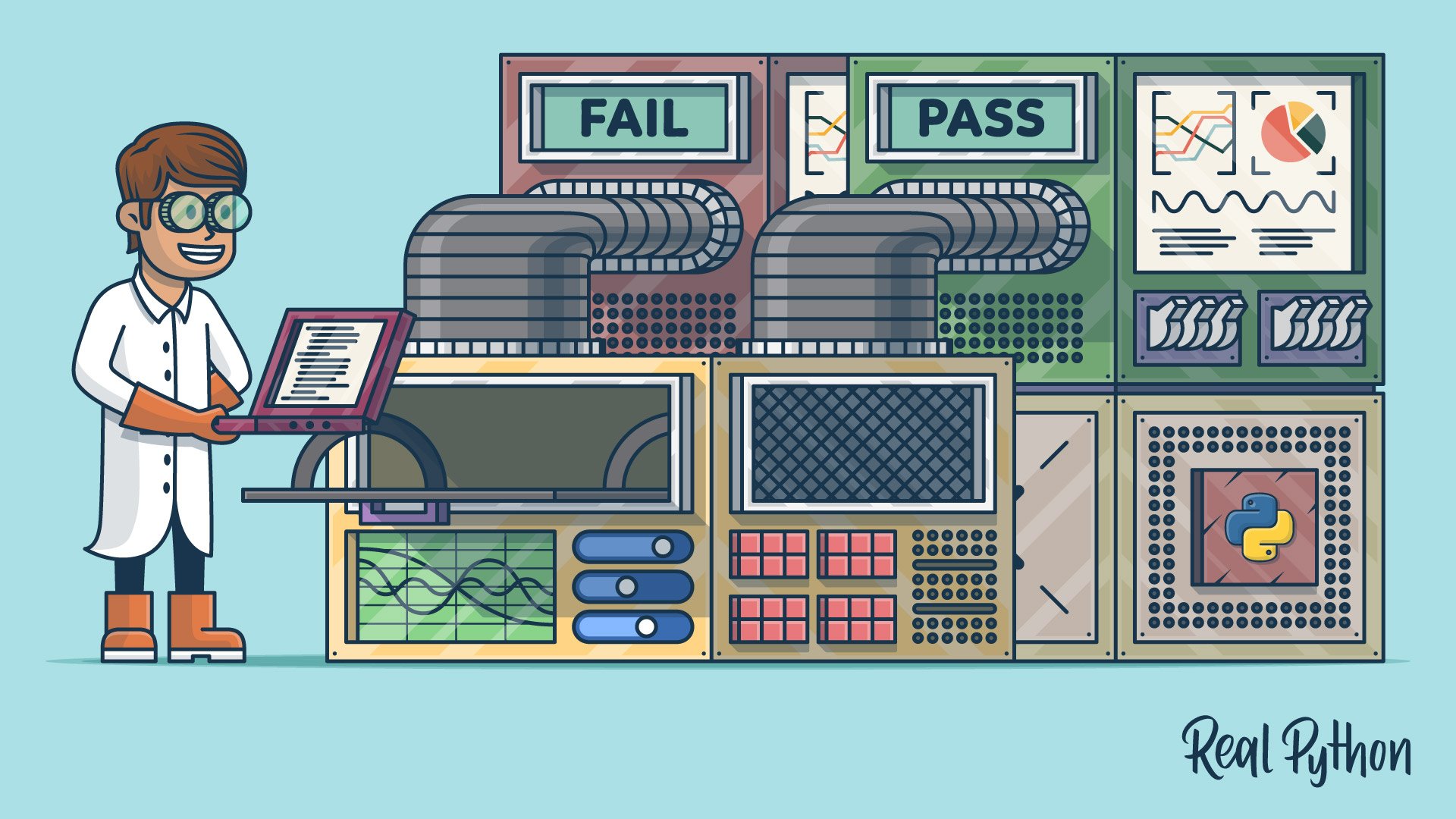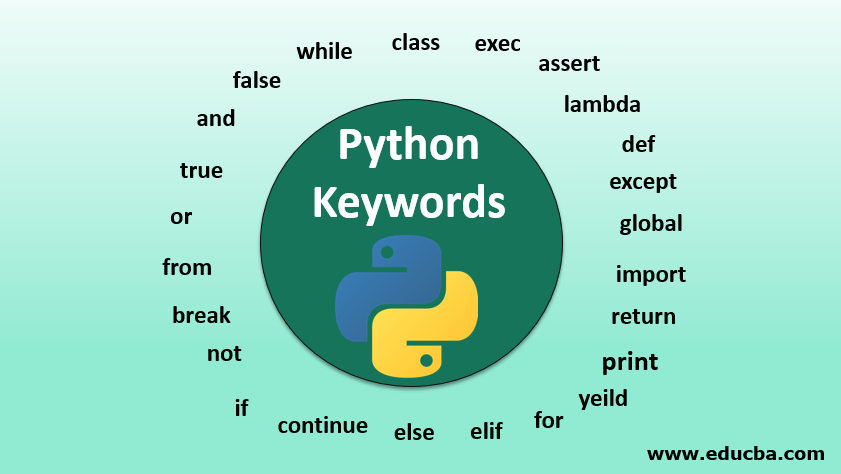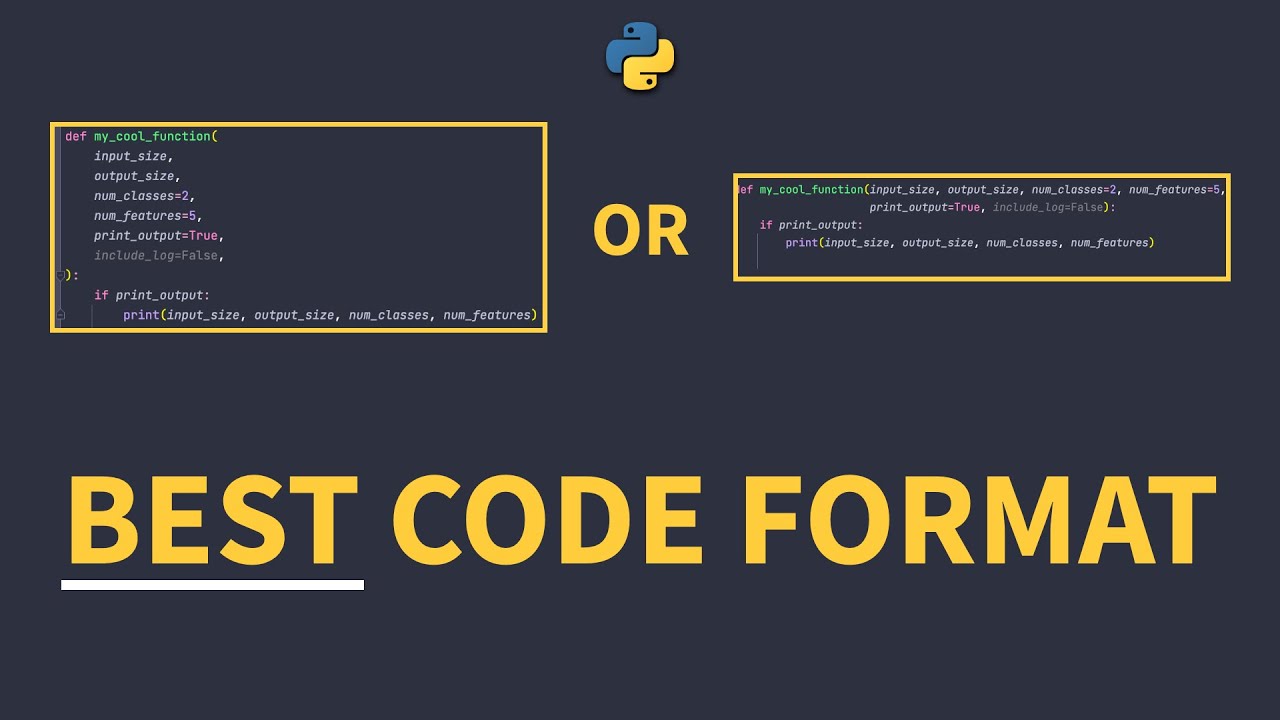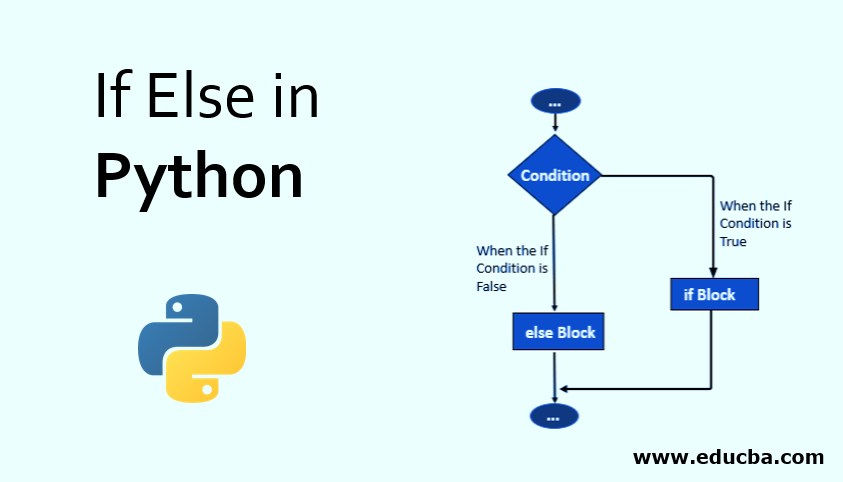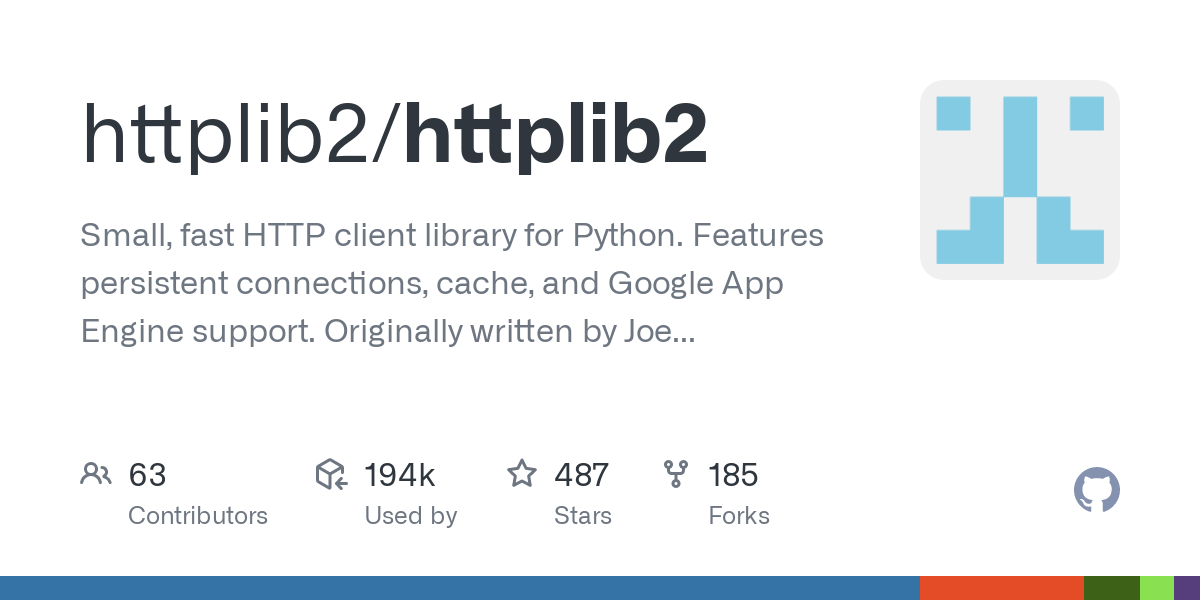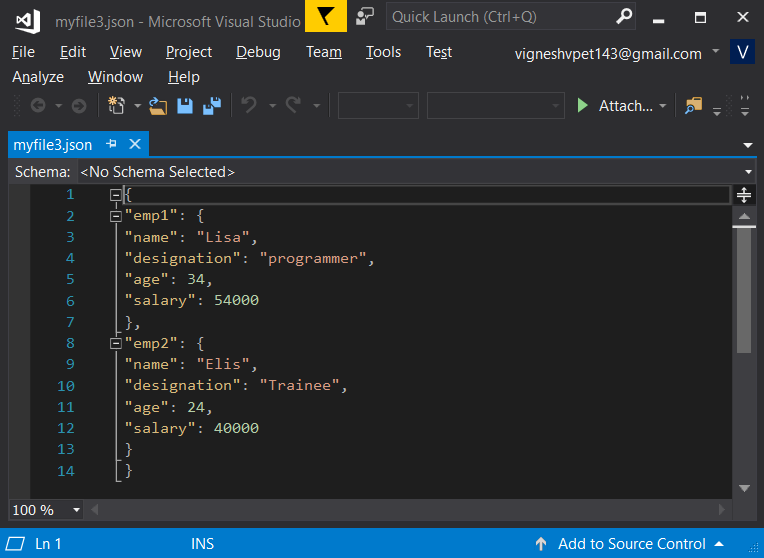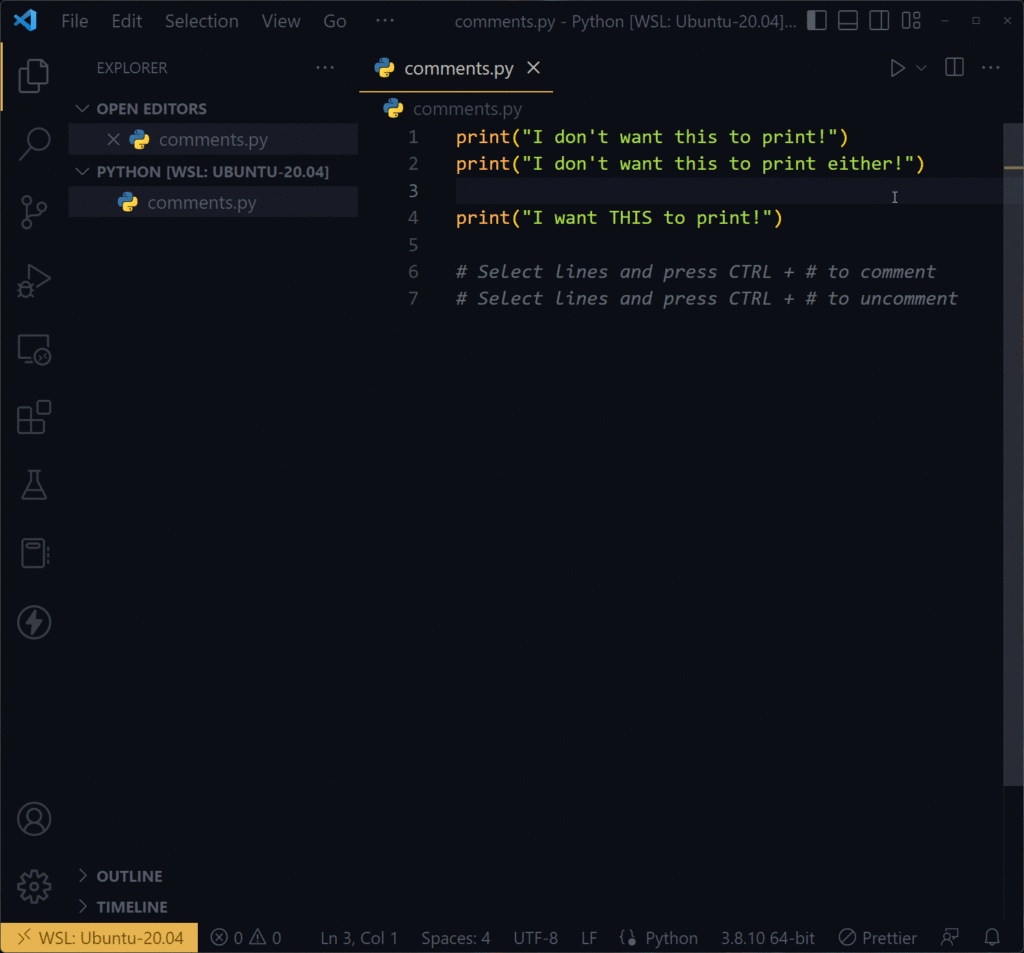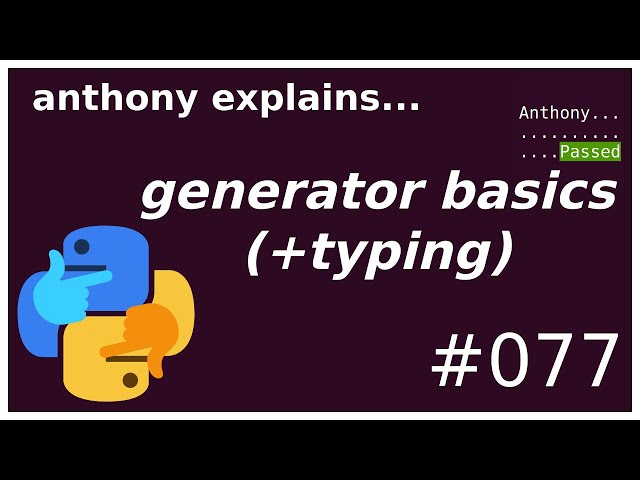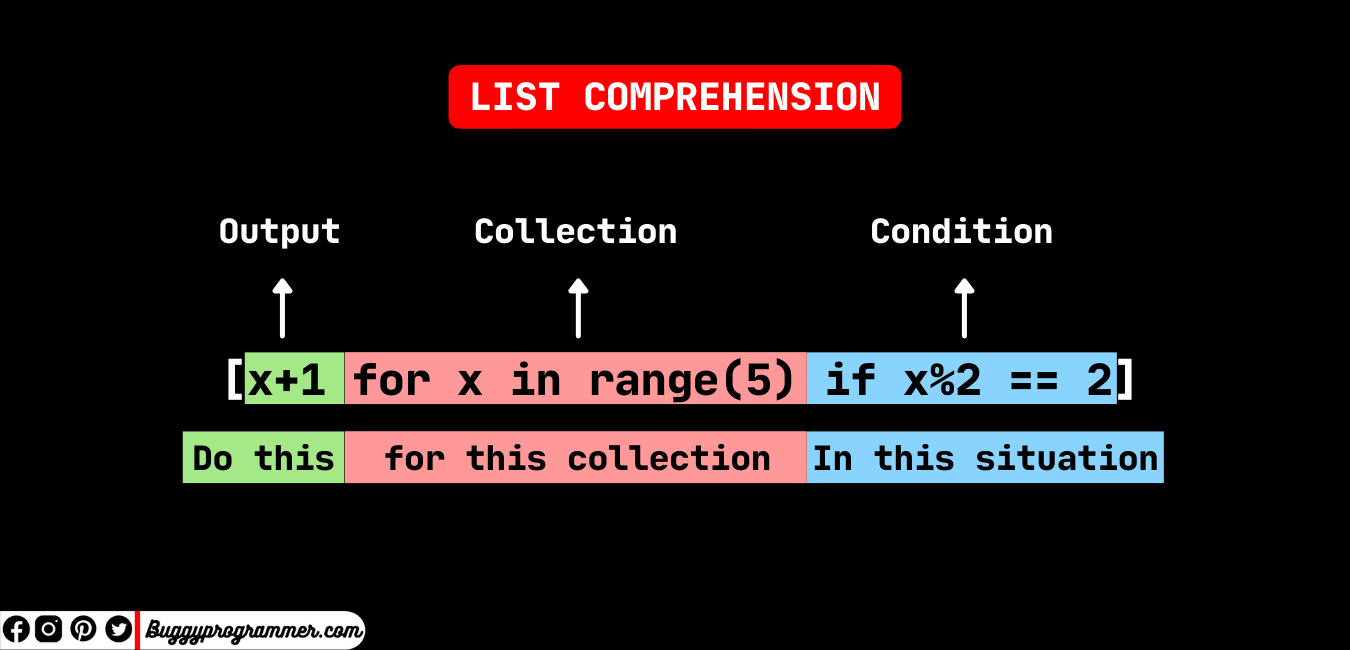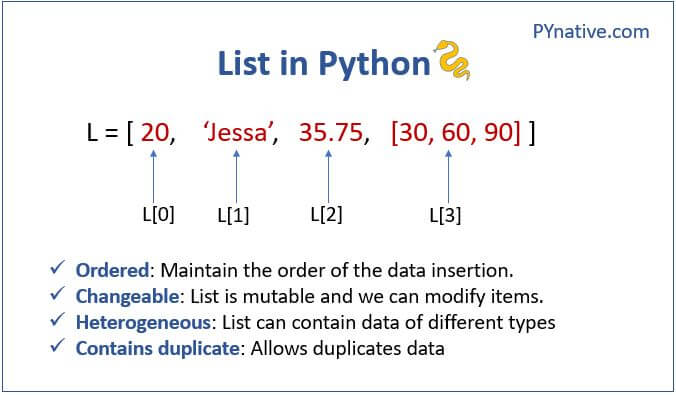Can you learn Python in 7 days?
Can you learn Python in 7 days?
The age-old question: can I learn Python in just 7 days?
Well, my friend, the answer is a resounding "maybe!" While it's certainly possible to make progress with Python in a short amount of time, learning a programming language requires dedication, consistent practice, and a solid foundation. So, before we dive into whether you can learn Python in 7 days, let me clarify what I mean by "learn" and "know."
What does it mean to "learn" Python?
Learning Python means acquiring a basic understanding of its syntax, data structures, control flows, functions, and object-oriented programming. You'll need to grasp the concepts, terminology, and best practices for writing clean, efficient code.
What's the minimum amount of time required to learn Python?
Assuming you're new to programming, I'd estimate that a beginner should spend at least 3-6 months (around 1-2 hours per day) to develop a solid foundation in Python. This timeframe allows you to:
Learn the basics: variables, data types, control structures, functions, and object-oriented programming. Practice writing code: complete exercises, projects, and challenges from online resources or coding platforms. Develop problem-solving skills: debug your code, identify errors, and refine your approach.Now, about those 7 days...
While it's impossible to become proficient in Python in just 7 days, you can still make significant progress. Here's a possible scenario:
Spend the first day learning the basics of Python syntax, data types, and basic control structures. On the second day, explore functions and modules. You'll start to see how these building blocks can help you write more efficient code. Over the next few days (3-5), work on small projects or exercises that focus on specific topics, such as: Data manipulation with Pandas Web scraping with BeautifulSoup Machine learning with scikit-learnThe 7-day challenge:
To make the most of your 7-day "learning sprint," I recommend the following:
Choose a project or exercise that resonates with you, allowing you to apply what you've learned so far. Spend about 30 minutes each day learning new concepts and practicing coding. Take regular breaks (5-10 minutes) to stretch, relax, and recharge. Review your progress daily, focusing on what you've achieved and what areas need improvement.Conclusion:
While it's unrealistic to expect mastery in just 7 days, you can still make substantial progress with Python during this timeframe. Remember that learning a programming language is a long-term investment, and consistent effort will yield better results than trying to cram everything into a short period.
If you're willing to put in the time and dedication, I encourage you to take the 7-day challenge! You might be surprised at how much you can accomplish in such a short span. Happy coding!
How to learn python easily for free

Learning Python can seem like a daunting task, but there are many resources available that can help you get started without spending a dime. Here's a step-by-step guide on how to learn Python easily and for free:
Start with the basics: Begin by learning the basic syntax of Python. The official Python documentation is an excellent resource to understand the language fundamentals. Online Tutorials: Codecademy offers an interactive Python course that covers the basics, intermediate topics, and advanced concepts. Coursera has a variety of courses on Python programming taught by top universities like University of Michigan and Google.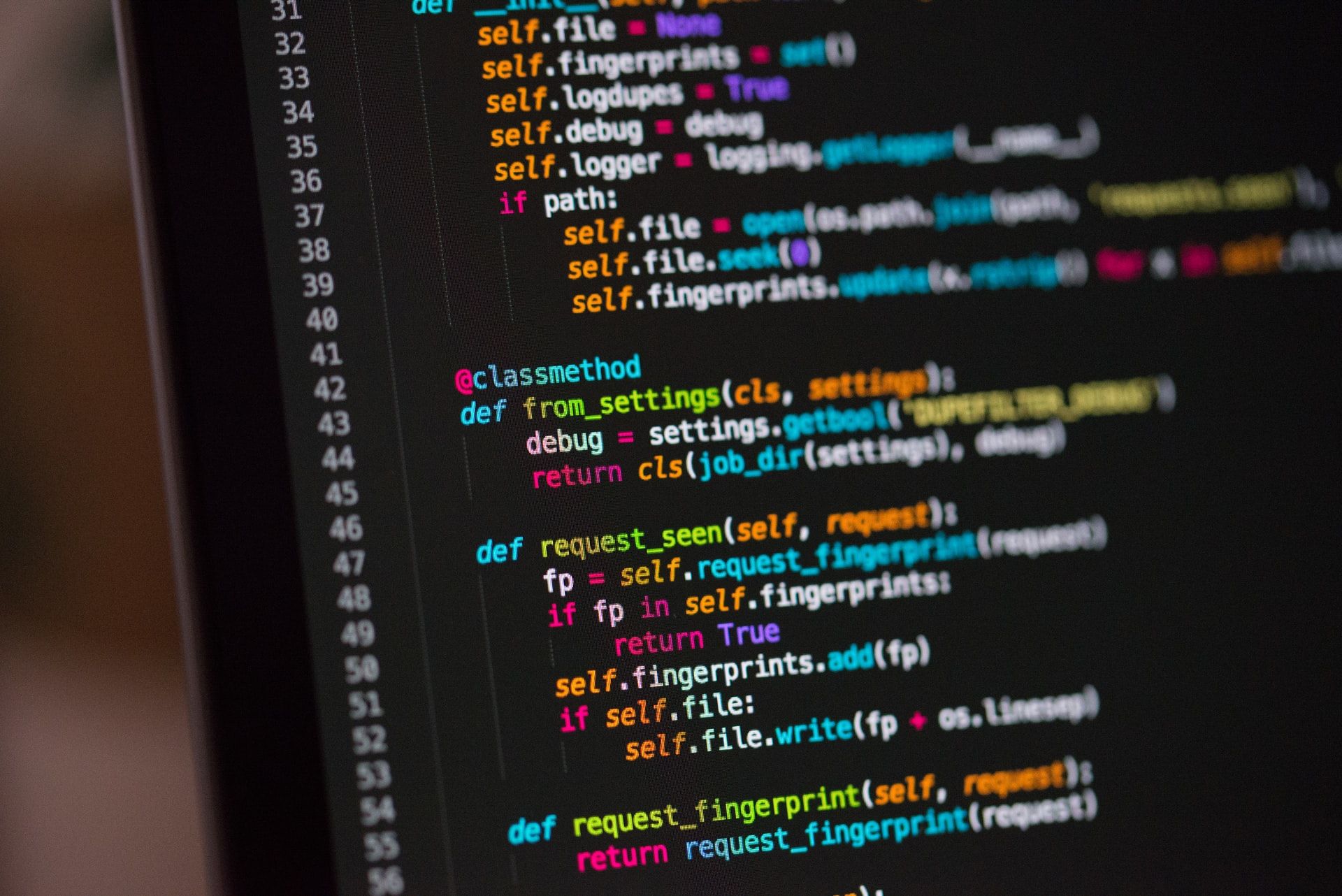
By following these steps, you can learn Python easily and for free. Remember, practice is key, so be sure to work on projects and exercises regularly to reinforce your learning. Good luck!

